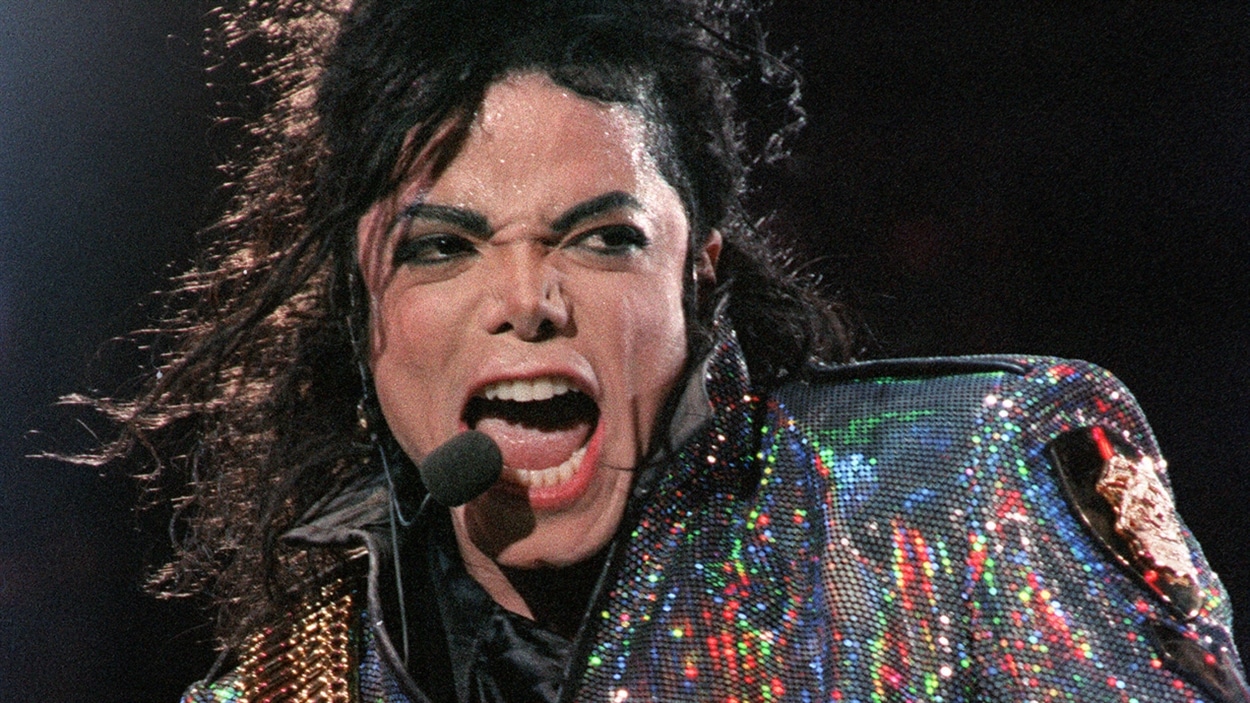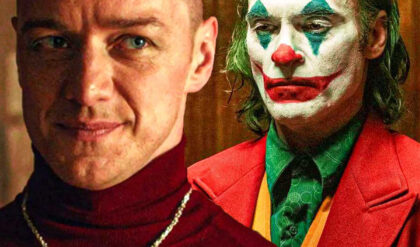The End of a Legend: Katt Williams Fuels New Theories Surrounding Michael Jackson’s Death

Over a decade has passed since the untimely death of Michael Jackson, yet the mystery surrounding his demise has never fully settled. The King of Pop, an icon beloved by millions, left a void that has been filled with grief, remembrance, and—above all—conspiracy.
Recently, comedian Katt Williams has added fresh fuel to these theories, suggesting that Jackson’s death was far from accidental. According to Williams, powerful figures within the music industry played a role in orchestrating Jackson’s death, a claim that has reignited speculation about the darker forces that may have been at play.
In a recent interview, Williams pointed to Michael Jackson’s final tour name, This Is It, as a subtle warning from Jackson himself. Williams believes that Jackson had a premonition of his impending death, foreseeing the tragic end he would face.
According to the comedian, Jackson was tired and disillusioned by the very industry that had built his legacy, an industry that he had long accused of exploiting and controlling artists, particularly Black artists. Williams stated, “Michael knew. He knew the evil in this business. And when he named his last tour This Is It, he was telling us exactly what was coming.”
Jackson’s This Is It tour was supposed to be his grand comeback—a farewell to the stage before he would retreat from the spotlight. However, he died just weeks before the tour was set to begin, casting a shadow over what should have been a triumphant return.
Officially, his death was attributed to an overdose of the anesthetic propofol, administered by his personal physician, Dr. Conrad Murray, who was later convicted of involuntary manslaughter. Yet, despite the official cause, conspiracy theories have persisted, suggesting that Jackson’s death was far more sinister.

Michael Jackson’s contentious relationship with the music industry was no secret. His allegations against Sony Music and its then-chairman Tommy Mottola in 2002 shocked the world. Jackson accused the company of unfair practices, particularly targeting Black artists.
In a now-famous speech, he said, “They really thought that my mind is always on music and dancing, and it usually is, but they never thought that this performer—myself—would out-think them.” He further called Mottola “devilish” and expressed disdain for how he and others had been treated.
These accusations marked a turning point in Jackson’s career, as he became increasingly vocal about what he described as the music industry’s corruption. This candid criticism, according to conspiracy theorists, may have made him a target. The theory is that Jackson was seen as a threat to powerful figures within the industry, and his untimely death was a calculated move to silence him.
Conspiracy theories surrounding Michael Jackson’s death are not new. His sister, LaToya Jackson, was one of the first to suggest foul play, stating in interviews that she believed her brother had been “murdered” and that he had spoken to her about being fearful for his life.

Paris Jackson, Michael’s daughter, has also alluded to these suspicions, claiming that she believes her father was deliberately targeted.

Kanye West has also weighed in, adding to the theory that there is a broader conspiracy in the entertainment industry. He has suggested that powerful figures control the fates of stars like Jackson, eliminating them when they become too influential or when their criticisms threaten the established order.
While mainstream media often dismisses these claims as unfounded, they continue to resonate with certain groups of fans and observers who believe that the official narrative of Jackson’s death does not tell the full story.
Despite the conspiracy theories, the official explanation for Michael Jackson’s death is clear. The Los Angeles County Coroner’s office ruled his death a homicide, with Dr. Conrad Murray being held responsible for administering the lethal dose of propofol. Murray, who was convicted of involuntary manslaughter in 2011, has always maintained that he was not to blame, but he served two years in prison for his role in the pop star’s death.
However, the persistence of alternative explanations suggests a deep-seated mistrust in official accounts. For many, Jackson’s sudden passing at the age of 50 seemed too convenient. His struggles with the music industry, his open defiance of powerful figures, and his ongoing legal battles make the idea of a calculated assassination plausible to his most ardent defenders.
Katt Williams is not alone in believing that Michael Jackson’s death was part of a larger conspiracy. His comments have reignited a debate that has lingered since 2009, keeping alive the notion that there may be more to Jackson’s death than meets the eye.
Whether these theories hold any truth is impossible to know for sure. Still, they reflect a broader skepticism that surrounds the music industry and its treatment of artists who rise to the level of global superstars like Michael Jackson.
As long as the world remains fascinated by the King of Pop, it is likely that these conspiracy theories will continue to surface, fueled by figures like Williams who refuse to accept the official narrative. The mystery of Michael Jackson’s death may never be fully resolved, but the legend of his life—and the intrigue surrounding his end—remains as captivating as ever.





